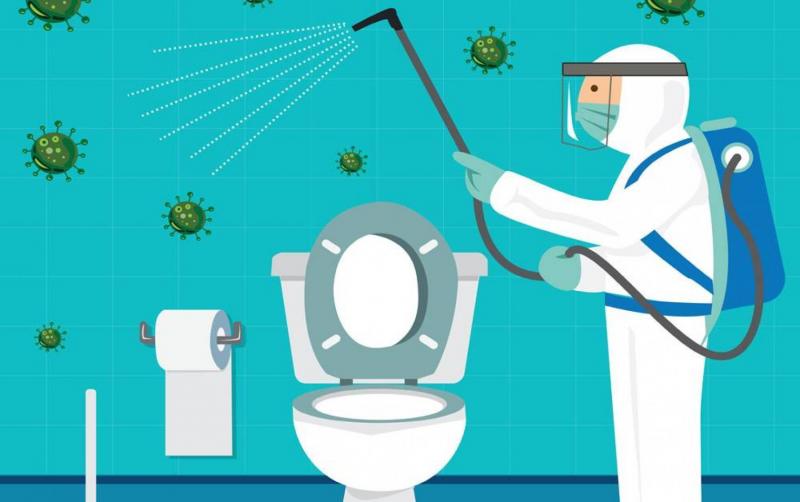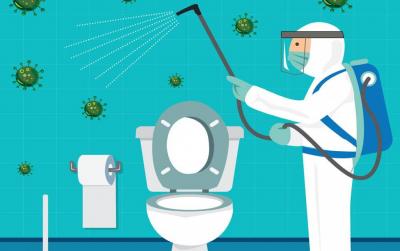Over the past year, health experts and governments have primarily focused on preventing the spread of the novel coronavirus through personal contact and following social distancing guidelines. While infectious particles from the mouth and nose are one way the disease can be transmitted, a new study warns that the virus also lurks in our sewage.
The researchers behind the study assert that there is a risk of citizens contracting the coronavirus through contact with sewage and sources of water contaminated with feces. A team from the UK and Poland has developed a system to calculate the risks of transmitting the novel coronavirus through water, assessing the relative risk of handling sewage in 39 countries. The lead author of the study, Dr. Jamie Shutler from the University of Exeter in the UK, stated, "It is important to identify and break all possible transmission routes of the coronavirus if we want to stop any future viral pandemic."
The study's authors reported that they utilized environmental data, general infection rates, and water usage levels to conduct their research, allowing them to identify the viral loads that are likely to be present when sewage spills occur in these countries. While the researchers note that airborne droplets are the primary route of coronavirus transmission, there are other potential routes for outbreaks, as studies have identified the actual presence of the novel coronavirus in untreated sewage, with viral levels tending to reflect infection rates in those regions.
The researchers also indicated that there is documented evidence of other coronaviruses surviving in water supplies, especially in low temperatures. Although studies on the ability of the novel coronavirus to survive in these environments are still in their infancy, researchers warn of the possibility that the virus could also be present there.
Who is most at risk of contracting coronavirus from sewage? The study found that this issue is likely to affect areas with large numbers of temporary populations, including slum cities, impoverished neighborhoods, and refugee camps, where sewage conditions are likely to be poor. The researchers stated that densely populated areas with high infection rates of coronavirus are also at an increased risk of suffering from sewage problems, confirming that their system provides governments with a quick way to assess transmission risks in emergency wastewater and sewage management scenarios.




